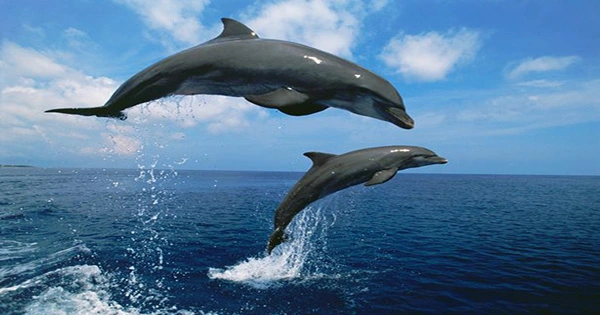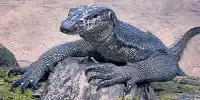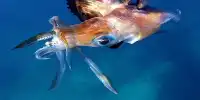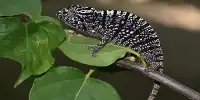Wild cetaceans have tested positive for avian flu, popularly known as bird flu, for the first time ever. However, a recent and extremely deadly strain has begun appearing in a wide range of animals, including a dolphin in Florida and a porpoise in Sweden. The contagious disease generally affects wild aquatic birds and domestic livestock.
After a male porpoise became stranded on a Swedish beach in June, researchers discovered the first ever case of avian flu in a porpoise. It was still alive but eventually perished from the illness that manifested in a number of its organs.
Following its discovery dead in a Florida canal, a bottlenose dolphin also tested positive for the same severe type of avian flu. Samples were sent for analysis after a necropsy revealed edema and inflammation around the cetacean’s brain.
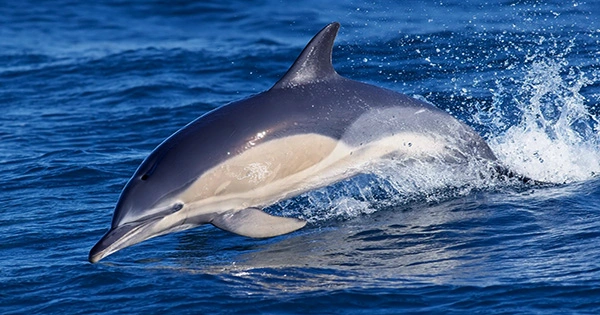
Investigations turned out a virus that matched the harbor porpoise virus and belonged to clade 2.3.4.4b of the Eurasian H5 viral lineage, called HPAIV. The dolphin is likely to have become unwell after coming into contact with a wild bird that had the bird flu strain or had already passed away from it.
These two reports represent the only documented occurrences of bird flu in cetaceans to yet, but given how widely the virus is currently spreading among North American and European birds, it’s feasible that other cetaceans or other species may also be afflicted. Although there has been one instance of human bird flu this year, the risk of infection is still minimal (for the time being, at least).
Dr. Richard Webby, the director of the World Health Organization Collaboration Center for Studies on the Ecology of Influenza in Animals and Birds at St. Jude Children’s Research Hospital, said in a statement, “The virus has some features that make further study and follow-up on mammalian cases important, but the virus does not currently contain the features we know are required for transmission between humans and likely other mammalian hosts.”
Due to the world’s first illnesses, specialists are urging anyone performing necropsies or rescue operations on wild cetaceans to take extra precautions to prevent unwarranted exposure, as it’s possible that there are further cases circulating in the wild.
According to Webby, “Our monitoring actions on a global scale are never sensitive enough to pick up the only two instances of this kind.” Unfortunately, if this virus doesn’t go away, I fear that this is merely a precursor of worse things to come.
